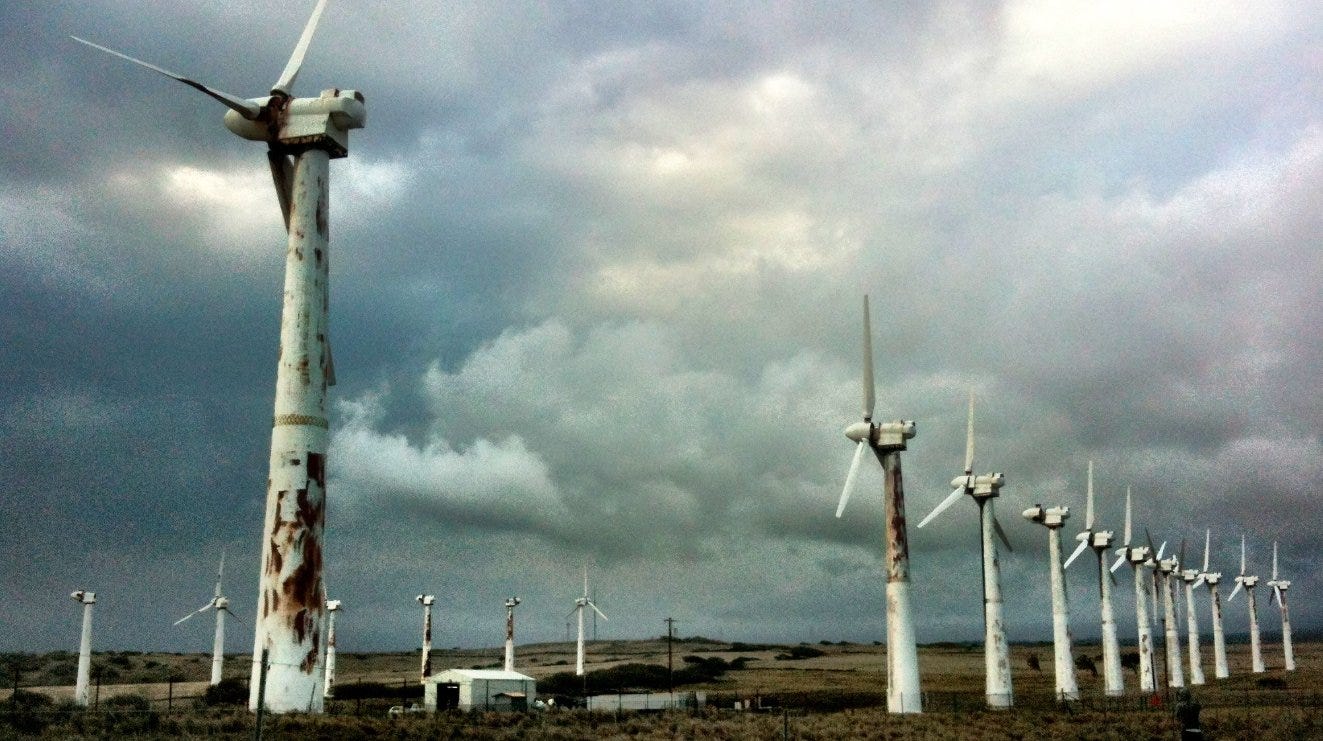The Tide is Turning Decisively Against Net Zero
From Trump's counter-revolution in Washington to Badenoch's embrace of North Sea oil, the writing is on the wall
In the belief that atmospheric CO2 is the control knob of 'dangerous' impending climate change, Net Zero emerged in the 2010s as the global rallying cry to 'save the planet'. By the time the Paris Agreement was concluded in 2015, the UN’s Intergovernmental Panel on Climate Change (IPCC) established the arbitrary 1.5°C limit on global temperature increase and established the 'Net Zero by 2050' policy target for developed countries around the globe.
But a spate of recent headlines suggests that the 'Net Zero by 2050' policy is falling apart. There is a growing realisation across advanced economies that the grandiose project of achieving 'Net Zero by 2050' is collapsing under the weight of its own contradictions. What was once heralded as a consensus across the political class, corporate boardrooms and multilateral agencies now looks increasingly like an edifice of ideology built on a vaporous, oxymoronic 'consensus science'. The rising tide of empirical reality — the costs of intermittent renewables, the geopolitical consequences of energy insecurity and the sheer scale of power demand growth from artificial intelligence infrastructure — has swept away the carefully constructed narrative of inevitability around the so-called energy transition.



